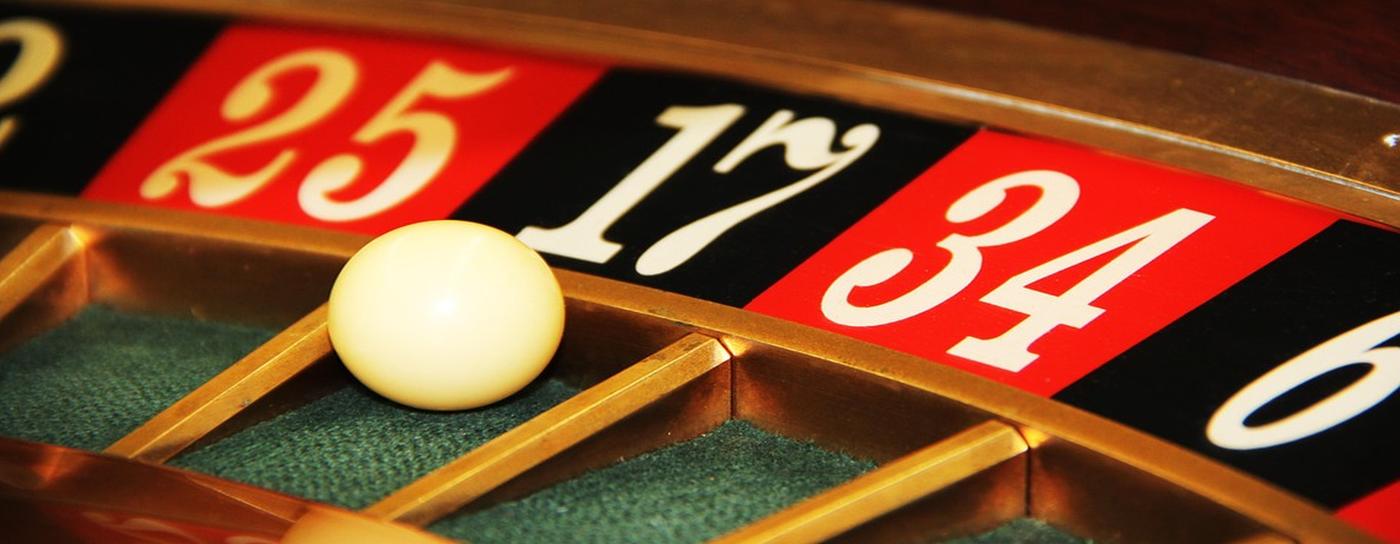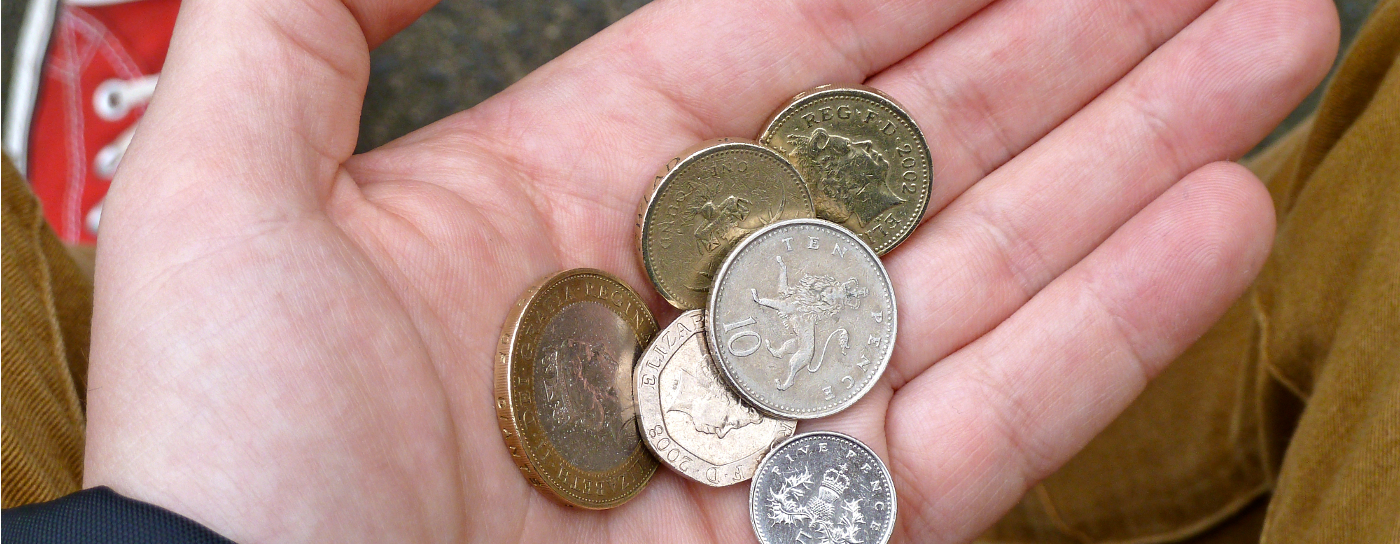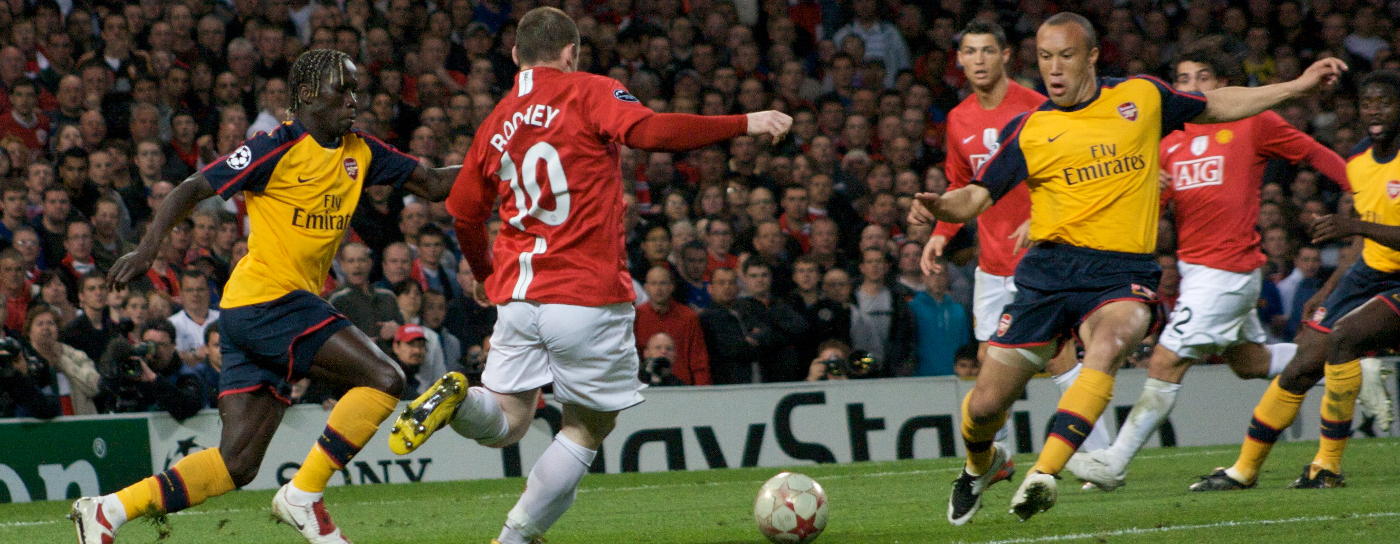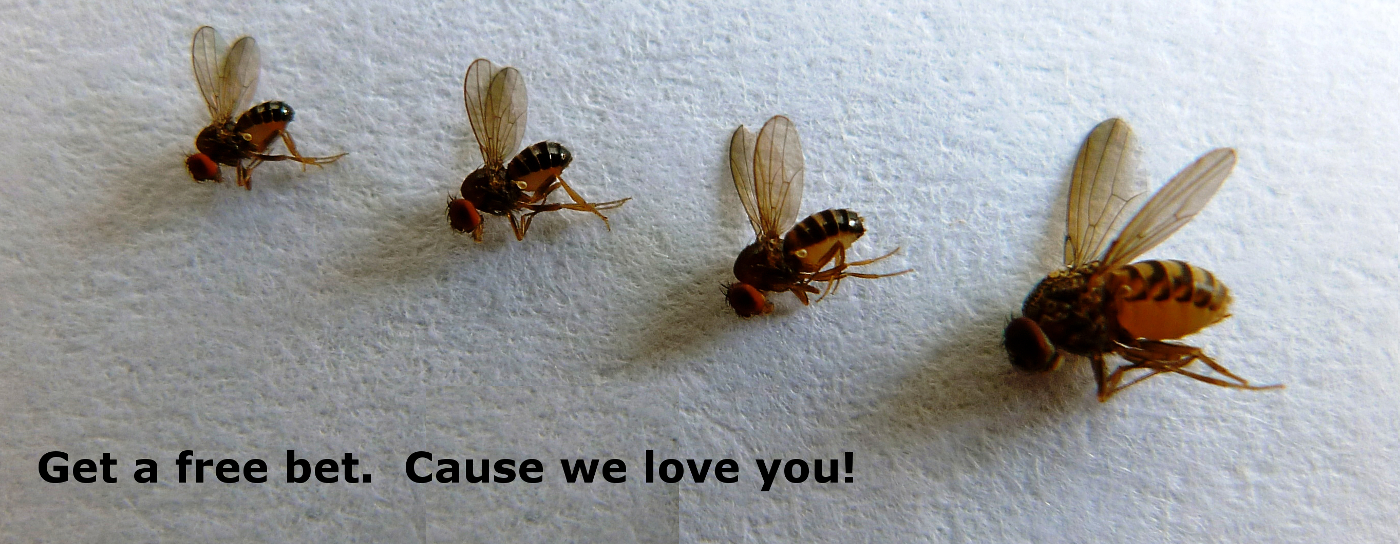For ease of use this ‘Table of Contents’ is hyperlinked to each section of the self-help guide.
Table of Contents
Statement/warning
Nobody associated with ‘Justice for Punters’ is legally trained or qualified. Users of this website and specifically this section need to be aware of this. The content of this self-help guide is purely based on our experience, so we do not guarantee that anyone will win their case by following what is outlined here, but we can say that we have had a reasonable number of successful outcomes for the customer following the processes described.
Introduction
At ‘Justice for Punters (J4P) we always try to be 100% honest, so what follows in this self-help guide isn’t easy reading at times, but hopefully does provide some hope?
Firstly, if you have a gambling disorder, often referred to using the derogatory term ‘a problem gambler’ there is no point doing anything advised in this self-help guide unless you are seeking professional and/or voluntary help for your gambling disorder. It can only be your choice and we’re sorry to labour the point, but it’s so important (see the next section ‘Getting help for a gambling disorder’).
Just under 50% of the UK population state they have gambled in the last 4-weeks. In recent years they’ve lost about £14 billion per annum.
Most people lose what they can afford and for nearly all those people gambling is a pastime (entertainment).
What many people don’t know is that they may be ‘groomed’, often by gambling company account managers and allowed to lose everything, e.g. savings, car, house, literally everything, including their family or their life in some cases. Conversely, if a person wins they may not get paid and if they win regularly they will get banned from betting on sports using what is called stake restrictions.
The UK government and its regulator the Gambling Commission (GC) are aware of this, but at present the government and the regulator don’t offer any service to help vulnerable people to obtain refunds if they’ve been exploited and refuse to accept it’s only fair for some customers to win up to a certain amount per bet using skill.
This guide is about gambling disorder. It aims to provide a brief introduction to what gambling traits might suggest a gambling disorder, what might be deemed as exploitation and how to seek a refund of losses if applicable. It’s purely based on J4P’s experience of helping people obtain over £2.0 million in refunds over the last 6-years.
ps: If you think gambling injustices or gambling addiction could never affect you, your children or for that matter any family member; think again.
Getting help for a gambling disorder
As already mentioned, if you have a gambling disorder there is no point doing anything outlined in this guide unless you are seeking professional and/or voluntary help for your gambling disorder. Help is available:
There is a 24-hour helpline: 0808 8020 133 and a web-chat service available: https://www.gamcare.org.uk/get-support/talk-to-us-now/ if you want immediate help.
It’s also important to talk to your family about things and to access your local health services through your general practitioner (GP). In exceptional circumstances do not forget your local hospital’s A&E department.
The following links provide information on other help available:
a) Treatment and Debt: https://www.gamblingcommission.gov.uk/public-and-players/guide/page/organisations-that-can-help & https://www.begambleaware.org/for-professionals/treatment-and-support
b) Peer support groups: https://www.gamblersanonymous.org.uk/ & https://gamfam.org.uk/ & https://www.gamlearn.org.uk/ & https://www.gamblingwithlives.org/ There are more national and local groups, some of who specialise in support for those in individual countries that are part of the UK. The same applies to Ireland. Google will inform.
c) Block online gambling: https://www.gamstop.co.uk/ & https://gamban.com/
d) Self-exclude from gambling: https://www.begambleaware.org/self-exclusion
My story
Being totally honest this is a tough read, so please take notice of this warning if decide to link to it and read it.
Nevertheless, if you can find the time to read it all, it is a superb of example of how it is possible to recover from the darkest of places and rebuild not just one life again, but the lives of a family.
Among many things, it highlights how important being financially stable is one of the keys to recovery. In the UK the ‘powers that be’ have chosen to ignore the importance of stable finances for gambling disorder recovery in general and for the potential reduction in suicide related to gambling disorder. Ignoring how important finance is; has been one of the many mistakes.
If a person with a gambling disorder has been exploited, why shouldn’t they be supported to obtain a percentage return of their losses, which reflects a joint responsibility of harm caused? Not everyone who loses heavily gambling in comparison to their income and/or assets has been exploited, but some certainly have.
The UK regulated gambling industry has been given a ‘free ride’ by the regulator and others in power, possibly due to outdated ideas about addiction and perhaps a lack of knowledge of how to safely return some money to those with a gambling disorder, where relevant.
Over the last six years J4P has seen how percentage loss refunds can change lives, but only if done correctly, right from case investigation to any payout process where relevant. Sadly, J4P has also experienced people trying to take advantage of our services, which is one of the many reasons the UK needs an ombudsman service to do this work.
Hopefully, the UK will establish an ombudsman in the future, but who knows?
To access click on the following: ‘My Story’ (it will open in a new tab).
Affected others
Within the ‘My Story’ sub-section it becomes clear that a gambling disorder affects many others, e.g. partners and children. Not everyone will have the advantage of a supportive family, but where relevant family must not be forgotten.
Quite a number of people have told J4P that telling others about their gambling disorder is a major hurdle. Gambling disorder is often referred to as being a very lonely addiction, because it can be hidden, thus leading to people trying to beat it alone. The stigma can be very damaging, but J4P has also been told many times that opening up to family and friends was the best thing people did. People frequently mention ‘affected others’ as being very supportive, which was often not what they were expecting.
‘Affected others’ can also be really helpful when trying to obtain a percentage refund of losses, where it is appropriate. J4P has found that gambling companies are often more responsive to approaches by mothers, fathers and partners than they are to the involvement of J4P, MPs and certainly lawyers.
J4P can’t emphasise strongly enough how helpful ‘affected others’ can be. As mentioned in other places in this guide, do remember www.gamfam.org.uk
How do I start (subject access requests)
Before considering subject access requests, it’s important to have a think. As mentioned, J4P is hoping that you will have already accessed help for your gambling disorder, but it’s also important to consider whether you are ready for another major fight, e.g. gambling companies do not like paying refunds to people with a gambling disorder. Historically, a significant amount of their profits have come from people who are vulnerable, so this isn’t surprising. J4P genuinely hopes this is changing, but we still receive new cases weekly.
Are you really ready for “another major fight?” Will more hassle and more pressure adversely affect your recovery? You have to be sure before moving ahead and you must be ready to pause your efforts to obtain a refund, if needed health wise. As a father said to J4P, “When I read my son’s SAR it was two years after the family found out about his gambling disorder. I think it might have sent me into meltdown had I seen that information within the first six months, just the sheer volume of transactions and values back and forth.” J4P can’t stress enough how difficult you may find some of things you have to read and how awful you might be treated by the gambling company or companies you approach. Think very carefully.
Evidence is everything to obtain a refund, so this must gathered. In theory, this isn’t as difficult as it may sound, but gambling companies can be extremely difficult.
Every person has a right of access to the data a gambling company holds about you (see: https://ico.org.uk/your-data-matters/your-right-of-access/). It’s free to do this and it’s a crucial starting point. J4P has a template for submitting a subject access request (SAR). This is easy to edit and can be found at: (https://justiceforpunters.org/complaining/subject-access-request-have-you-been-exploited/).
Gambling companies do tend to delay things as long as legally possible. They are even known to lie by not providing all the evidence they have, which is illegal. It’s important to report any difficulties to the Information Commissioner’s Office (casework@ico.org.uk) (0303 123 1113).
People should also contact the Gambling Commission (GC) (info@gamblingcommission.gov.uk) (0121 230 6666). The GC will not help you personally. However, it’s still important you lodge a complaint, because the GC may decide to investigate the gambling company concerned.
When you eventually receive your data you may find that you need a password to open the file or files. You may also find that the company has put financial and betting histories into a pdf file to avoid easy analysis. The former is sensible, but sometimes not provided to delay things again. The latter is in breach of privacy law, so complain and ask for the data in Excel.
Identifying gambling disorder traits and exploitation from your data
J4P volunteers have often done this analysis for people in the past, but some people have been able to do it themselves or get a friend/family member to do it. J4P no longer offers this service, so it is only fair to say that it can be a real challenge.
In the financial transaction and betting history data the signs to look for are: Long periods gambling, gambling during the night and early morning, wildly varying stakes, chasing losses, using numerous products, betting on obscure sporting games around the world, frequent and increasing deposits, depositing unusual amounts, use of different payment options, failed deposits, reverse withdrawals (now banned in the UK), etc.
The following link takes the reader to: Examples of financial transaction and betting history data analysis
In the non-financial data the interaction between the customer and the company is vital. As an example, when a customer is losing regularly and is invited to become a VIP what happened? Were the account managers simply offering inducements to gamble more? Was a VIP level changed, e.g. from silver to gold? Was the customer asking for free bets/spins (this is often a sign of financial desperation)? OR were affordability checks requested before VIP status was awarded, e.g. proof of income & assets to sustain losses? Did account managers genuinely check regularly if the customer was able to sustain their losses, e.g. not a simple tick box email? The latter, despite being acceptable in UK gambling licensing is useless when somebody is at the height of their addiction.
The following link takes the reader to: Examples of non-financial data interaction analysis
Gambling companies now offer opportunities for people to limit their gambling, e.g. deposit limits. These are often cited as being crucial, but to be fair there is little evidence they work for those with a gambling disorder. The ultimate in these options is to self-exclude.
Disappointingly, it’s not unknown for people to be allowed to gamble again whilst a self-exclusion is in place. This is a major offence for a gambling company to commit and is often a reason for a company to agree a refund of losses.
What next
Following data analysis people should go back to the gambling company outlining the breaches of their gambling licence and/or laws, see: https://www.gamblingcommission.gov.uk/licensees-and-businesses/lccp/online (section 2:3), https://www.gamblingcommission.gov.uk/guidance/duties-and-responsibilities-under-the-proceeds-of-crime-act-2002 & https://www.rahmanravelli.co.uk/articles/the-gambling-industrys-anti-money-laundering-obligations/
Do not bother with customer services, they are programmed and are RARELY, IF EVER helpful. It’s important to approach CEOs or Chairpeople with the information following analysis. Contact points for many gambling company CEOs or Chairpeople can be found here: ceoemail.com It’s preferable to make contact by recorded letter. Who owns which gambling companies and addresses can be found here: https://www.gamblingcommission.gov.uk/public-register/businesses Clearly, it’s vital to be corresponding with the correct licensee/owner.
When a CEO receives your letter or email what will happen next? Hopefully the CEO concerned will pass your correspondence to a relevant senior member of staff who will start an internal investigation. Ninety-eight percent of these internal investigations are a joke and J4P’s experience is that nearly every gambling company lies at this point. This is a shocking claim to make, but it’s true. The phrase ‘independent investigation’ is nearly always used; it’s nothing of the sort.
This is where most of the difficulties start and where any decent government or regulator would provide a free independent dispute system for vulnerable people. It’s completely unacceptable that a winning gambler has access to such a system if winnings are being disputed or confiscated, but a vulnerable person doesn’t. In years to come people will look back and laugh, but it’s not funny at present.
People need to be patient, keep calm and resubmit what they feel happened and what went wrong. However, companies should not be given too many chances to take fair action.
Despite gambling case law being disadvantageous to vulnerable people, e.g. companies will quote losing cases involving gamblers who’ve tried to sue gambling companies, J4P has been advised by more than one Barrister that any new case, dependent on the circumstances, might be successful in a UK court today.
Attitudes towards gambling disorder are changing. It’s now a recognised diagnosis in psychiatry, so just like other people with health conditions can sue for being harmed, so can people with a gambling disorder. This does not mean a person will win a case against a gambling company, it simply means they have a better chance than in the past dependent on the circumstances.
As the Gambling Commission will still not help at this point, what options do people have?
Banks, other payment providers and loan companies
J4P has little experience of approaching these organisations, but people have told us that they’ve had some refunds from them.
It’s not totally clear to J4P why a company in these sectors would offer a partial refund of gambling losses, but J4P is aware of the following issues where money has been refunded; being offered a pay-day loan or other loan without appropriate checks on the affordability to repay, being allowed to go over an agreed credit limit when gambling and a payment provider account being used by a person who did not own the account, e.g. Paypal,
This is a very general comment, so be careful, but these issues suggest that a company feels they have either acted inappropriately or their systems have failed. J4P can’t predict what any company would do; understandably they all see similar situations quite differently.
Media
This will frighten some people, but it’s important to realise that most media companies will allow vulnerable people to do stories anonymously.
Just as important is that gambling companies hate publicity about some of their practices.
Over the last 6-7 years UK media of all forms have realised that the gambling industry is often trading unfairly and unsafely. They are frequently keen to cover gambling exploitation.
J4P has worked with a lot of media organisations, e.g. the BBC, Channel 4, The Guardian, The Times, The Daily Mail, etc. It’s not difficult to find out which journalists are interested. A simple Google search will return many articles about gambling.
People should not approach the media if they feel it may affect their recovery and they must not have unrealistic expectations of what may happen. As an example it’s rare for media stories to generate refunds, but it is another way of embarrassing companies and this sometimes leads to a rethink and a refund may follow.
It’s important to think carefully before proceeding, but there are potential benefits.
Legal options
As stated earlier J4P never wanted to take this option, but the Gambling Commission and the gambling companies have forced us to do this. If there is no justice for most people in private it’s everyone’s right to seek legal redress.
Using the small claims court people can seek legal redress themselves, but unlike our self-help guide on gambling companies not paying out and other poor practices when customers win J4P doesn’t recommend a person who may still be vulnerable to take part in a legal fight alone.
J4P’s experience is that fighting alone may lead to what people see as very frightening behaviour by lawyers employed by gambling companies, e.g. threats of their costs being paid by the vulnerable person, that vulnerable people have no legal rights due to case law, etc.
None of the volunteers at J4P are legally qualified, so what follows isn’t legal advice and neither are the contact points listed, a recommendation for any service/company.
J4P recognises that many, probably nearly everyone with a gambling disorder can’t afford legal costs. Reflecting this J4P has tried to liaise with both companies who provide a no win/no fee option as well as a fee based option. At present, it is correct to state that nobody is guaranteed a no win/no fee option despite what might be advertised. This can be due to the traits of a case or it might be because a legal company simply won’t sue some gambling companies when all the financial risk is on the legal company. This may not seem fair, but some of the large gambling companies are willing to spend huge amounts of money on just one case, e.g. 500K, 750K, whatever.
The following are options J4P has experience of. If a person decides to contact any or all of the options listed, despite J4P finding them to be extremely trustworthy, it does not mean they will take a case or that their help will ensure a case will be won.
Ellis-Jones: https://www.ellisjones.co.uk/personal/betting-and-gaming/
Fairplayhub: clients@fairplayhub.com
JCLM Solictors Limited: https://jclmsolicitors.co.uk/
Leigh Day: https://www.leighday.co.uk/
Please do note that only a tiny number of legal companies have experience of prosecuting gambling companies. There are also ‘scams’ out there, so be very, very careful. Never, pay any sort of fee until you have received independent feedback on a service/company. Do not believe reviews on service/company websites, these may be made up. The UK has registers for both solicitors and barristers: https://www.sra.org.uk/consumers/register/ & https://www.barstandardsboard.org.uk/for-the-public/search-a-barristers-record/the-barristers-register.html
Despite all J4P’s warnings, if you do decide to try to complete a claim alone, click here.
Best practice for paying refunds
“We’re not paying, they’ll only lose it again.” “I’m not sure giving refunds is a good idea.”
These quotes from members of staff at a gambling company and a regulator say more about their own outdated attitudes than people with a gambling disorder.
Certainly some people are in danger of losing refunded money. This must be recognised and admitted. However, the question should be; where appropriate how can refunds be provided in the safest (best) way?
J4P’s experience is that involvement of a partner or family is essential. If this isn’t possible an independent financial organisation is needed, e.g. a solicitor or bank manager.
Providing a refund isn’t a bad idea, in fact, it’s an excellent idea when done well. Children can have birthday and Christmas presents without a parent taking out pay-day loans. Re-mortgages can be paid off. J4P has even had people say a refund has stopped them committing suicide.
J4P isn’t aware if anyone in officialdom has ever discussed this topic, both internally or externally with gambling companies. If not, it’s another massive mistake, possibly driven by out-dated attitudes. If a company has exploited someone (it’s clear some have), a company should have to pay a refund based on joint responsibility, e.g. most likely a partial refund.
Where the refund will go should be agreed before payment and a timescale agreed. The biggest refund J4P has ever helped with was distributed to the agreed places within 48 hours, e.g. to pay off, a re-mortgage, loans of various types, including very expensive pay-day loans. This is life changing for everyone affected.
This guide started with an emphasis on getting help and treatment. This is crucial again here. People should rarely be given refunds if they haven’t had or are receiving treatment.
Conclusion
Gambling companies have and do exploit people. This does not mean that a person who loses a lot of money gambling has been exploited. J4P has certainly been approached by people whose motives for trying to receive a refund were inappropriate. Evidence is everything and should identify what is exploitation and what isn’t.
The Gambling Commission should be told about cases, but people need to recognise that they will not help in obtaining refunds. In fact, quite a few people have told J4P that they feel the GC took their personal information and let them down by providing no feedback on how that information was used. This has to change.
Despite the success that J4P has had it has now become clear that most gambling companies couldn’t care less about our voluntary attempts to reach private, fair financial settlements, where appropriate. That is their choice, and it can only be their fault if they come to face much more forceful approaches, sometimes involving lawyers.
J4P has been fortunate to receive free advice from a number of barristers who are confident that a new case reaching court will overturn case law from the past. People with a gambling disorder should interpret this positively. It’s a hint that well prepared cases may be settled out of court in favour of the vulnerable person. Clearly this depends on the evidence of how a gambling company has acted.
Finally, J4P is extremely disappointed, because we never wanted to have to prepare this self-help guide. J4P volunteers simply can’t continue to spend many, many hours reading and helping people to respond to gambling company staff who’ve been trained never to admit any wrong doing. This job must be taken on by people being paid. This may have to be lawyers and will be the case if the GC and government continue to refuse to setup what is clearly needed:
A free independent dispute service for people with a gambling disorder.
This should not be organised and provided by the present GC licensed alternative dispute providers, e.g. IBAS and e-Cogra. They’re not qualified to do this work. Either an ombudsman or a new specialist organisation is required.
Case examples
These are actual case examples from J4P’s work with some details slightly changed or redacted to protect the identity of both the person and the gambling company.
It’s clear why J4P would protect the person, but perhaps not so the company. J4P is a voluntary project, but hopefully we do work in a professional way, so it is only fair not to tarnish a company or companies when you are sharing only a few cases. J4P’s experience is that the vast majority of gambling companies are just as bad as each other, so let’s leave it at that.
Within the case examples, on occasion, J4P will focus on specific issues, normally those that are a problem again and again.
The case examples will also make people aware of different methods of communicating, some of which are formal, but also others that are more informal. J4P has found that it’s impossible to know what works best, except to say evidence and the accuracy of presenting that evidence is crucial.
This case features a very important aspect of any gambling disorder dispute, e.g. the construction of a timeline of events.
The case features how to communicate with a CEO of a gambling company using one of J4P’s recommended email/letter templates.
The case features how to communicate with a CEO of a gambling company using another example of one of J4P’s recommended email/letter templates.
Hopefully, all three cases provide an idea of how the evidence gathered from SARs and other communication can be written up in a concise, constructive way. J4P recognises that not everyone will be able to write the email or letter themselves, but there will be somebody locally who will help edit what you write, e.g. family members, friends, friend of a friend, Citizen’s Advice, etc. Please think carefully who may help for free.
A final topic summary and sources of help
I’ve lost a lot of money and I think I may have been exploited








